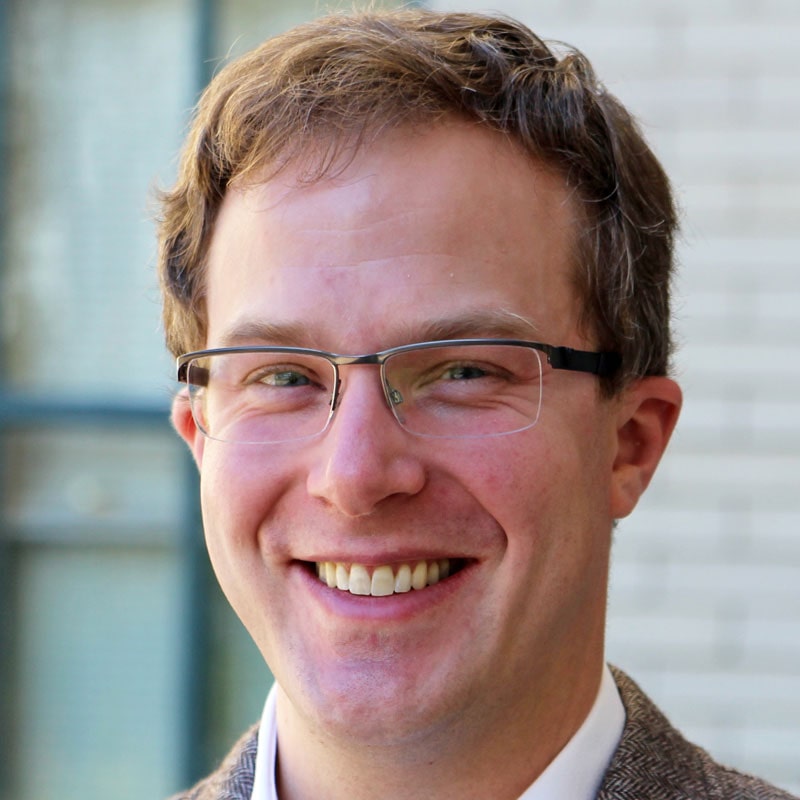Meet the Faculty
 Humanities
Humanities
79-160: Introduction to the History of Science
Featured Faculty: Chris Phillips
What do you love teaching about the history of science?
I love teaching the history of science because it is in part the story of how science went from an academic backwater, mainly of interest to philosophically-inclined gentleman and military engineers, to become one of the most powerful ways we have of knowing about our world and ourselves. The field also is one of surprises: after all, if you take a science course, whether in 2022 or in 1922, the material is taught as if it is the only way of doing things properly. But of course, the way science was taught in 1922 looks silly to most scientists in 2022, and the same will be true for researchers in 2122. So, it's kind of strange to trace the history of a field that repeatedly claims that its history either doesn't exist or doesn't matter. But of course, it does! Finally, the history of science touches on so many interesting and important questions--what is the relationship between reason and religion? Can we act ethically when doing experiments on humans? How can two people observe the same phenomenon and come to such different conclusions about what happened?--that class discussions are always fascinating and engaging.
What are your current research interests?
I'm working on a book that traces the history of numbers in medicine. Going to the doctor is a remarkably numerical experience these days: they measure all kinds of things about you, and then tell you whether or not you're healthy. That's kind of surprising in the big scheme of things. After all, you'd expect to be the best judge of whether or not you're healthy. But of course doctors are often looking for risks of future disease, or early signs of latent disease. This came about because of a huge amount of data collected about risk and correlation, about behaviors and environments and disease, and I'm trying to figure out how that data was collected and how people first analyzed it.
What one piece of advice would you give your students?
Think of Gen Ed, and of college courses generally, as your last chance to become a generalist. Once you have a job, or go to graduate school, all the pressures will be on making everything useful and profitable to you or your employer. But for now, you have the ability to discover things outside your comfort zone, to explore a field you've always wondered about but never really known about, to expand the horizons of what you might enjoy across a lifetime. It's a gift that you can do that at a place like CMU, where almost every class you take is going to be taught by a nationally-recognized expert: so take full advantage of it!